Nearly seven weeks after Wisconsin toddler Elijah Vue went missing, searchers have turned their sights to the scrapyard where Steven Avery dumped a woman’s body in 2005, inspiring Netflix’s “Making a Murderer.”
The 3-year-old was last seen in late February. His mother, Katrina Baur, and her boyfriend, Jesse Vang, both face felony charges for party-to-a-crime child neglect in his disappearance.
Baur, 31, left her son to stay with Vang for several weeks because she wanted to teach the toddler to “be a man,” according to a criminal complaint.
Vang, who regularly subjected the boy to physical punishments, according to the complaint, reported the boy missing from his Two Rivers home on Feb. 20, telling police that Elijah was gone after he awoke from a three-hour nap.
BOYFRIEND OF ELIJAH VUE’S MOTHER ORDERED TO STAND TRIAL ON NEGLECT CHARGE
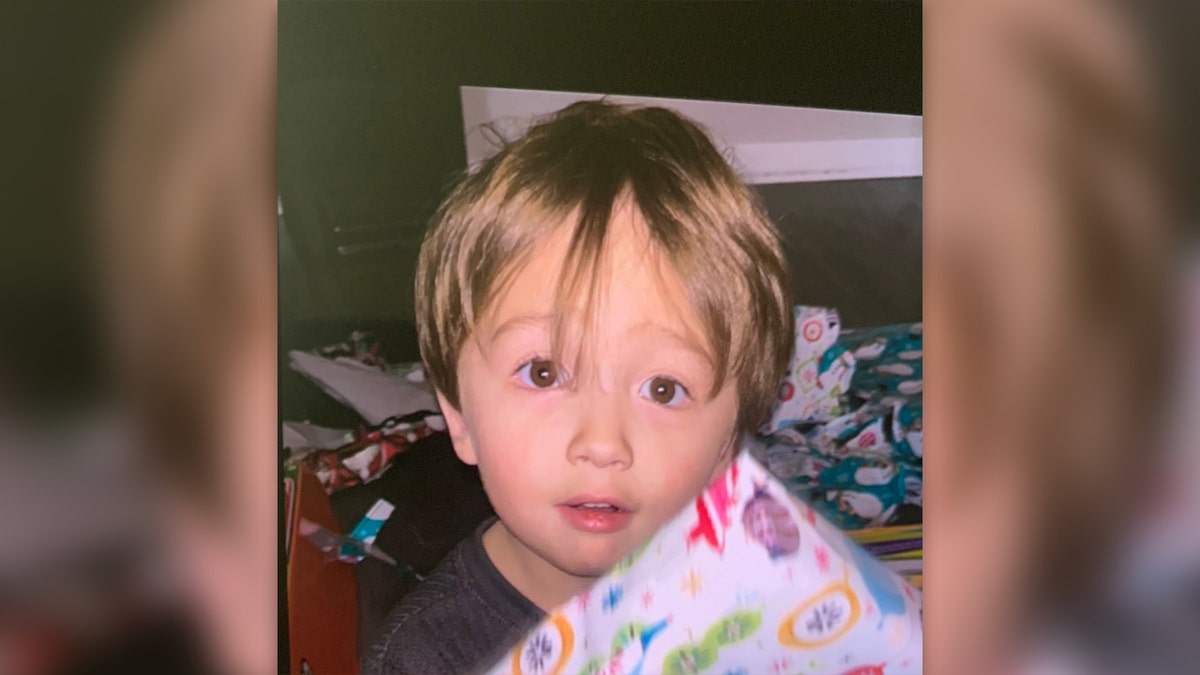
Elijah Vue, a 3-year-old Wisconsin boy, was last seen around 8 a.m. in Two Rivers on Feb. 20. (Two Rivers Police Department)
There is no direct connection to Vue’s disappearance and Avery’s scrapyard, where he left the remains of freelance photographer Teresa Halbach, but the property is less than nine miles from the Two Rivers home where the boy was last seen, WSAU reported.
“There’s always that dark side that makes you fear the worst,” searcher Nicole Rivera told the outlet. “I pray that he’s OK and alive, and hopefully he will be found alive.”
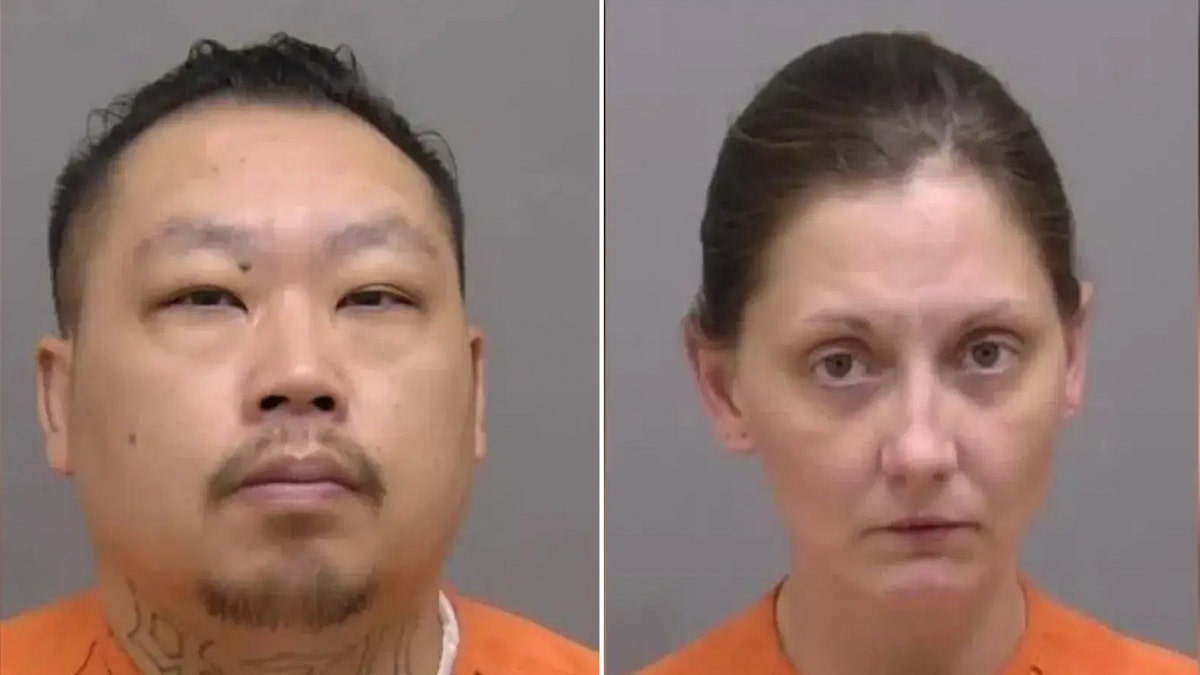
Elijah Vue’s mother Katrina Baur and her boyfriend Jesse Vang face criminal charges for child neglect. (Two Rivers Police Department)
The reward for information that leads to the boy’s recovery sits at $65,000 between the Two Rivers Police Department, FBI and Manitowoc County Crime Stoppers, the outlet reported.
Elijah is Hmong and White with dark blonde hair and brown eyes. He stands 3 feet tall and has a birthmark on his left knee. He was last seen wearing gray pants, a long-sleeved dark shirt, and red and green dinosaur slip-on shoes. Investigators found one of those shoes near Vang’s apartment, among other evidence, CrimeOnline reported.
MISSING WISCONSIN 3-YEAR-OLD’S MOTHER HIT WITH MORE CHARGES AS POLICE ASK FOR VIDEO OF CAR IN DISAPPEARANCE
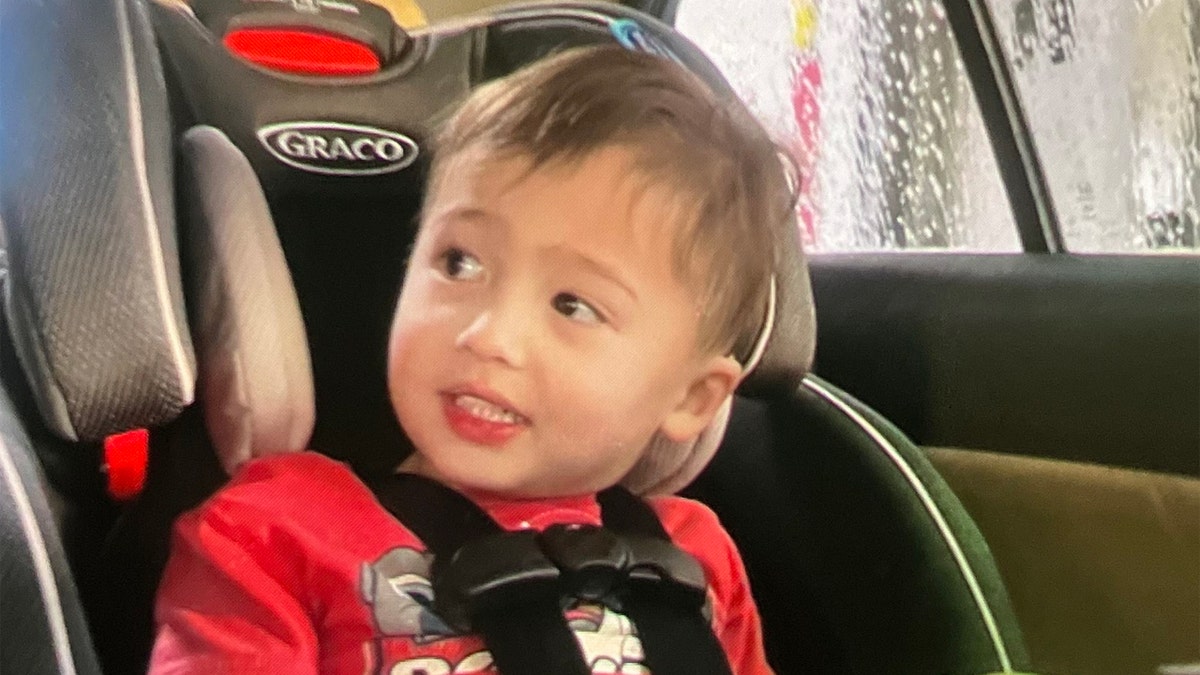
Wisconsin authorities announced an Amber Alert for missing 3-year-old Elijah Vue seven weeks ago. A vehicle of interest in his disappearance has since been seized. (Two Rivers Police Department)
‘Making a Murderer’ connection
Avery and his nephew, Brendan Dassey, were found guilty of first-degree intentional homicide and mutilation of a corpse in Halbach’s murder after her body was discovered at Avery’s scrapyard, according to Manitowoc County Court records.
Dassey was also found guilty of second-degree sexual assault, but a federal judge overturned his conviction on the grounds that his confession had been coerced, The Associated Press reported.
Before his 2005 conviction, Avery was wrongfully convicted of attempted murder and sexual assault, and released after an 18-year stint in prison.
Avery filed a $36 million lawsuit against Manitowoc County, its former sheriff and its former district attorney. He was arrested for Halbach’s murder while that civil suit was still pending. Avery and Dassey’s 2007 trials and their associated issues are the subject of the 2015 Netflix documentary series.
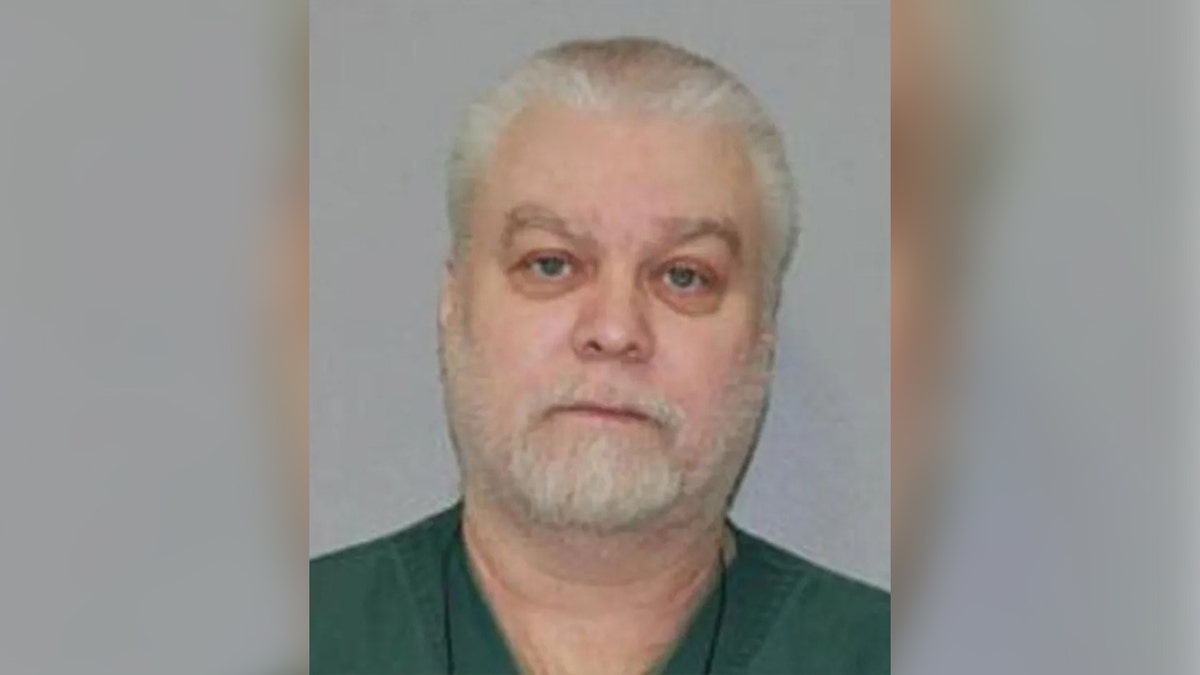
Steven Avery, the subject of Netflix’s 2015 documentary series “Making a Murderer,” is serving a life sentence in the murder of Teresa Halbach. (Wisconsin Department of Corrections)
Currently, Avery is serving a life sentence at Fox Lake Correctional Institution, according to Wisconsin inmate records.
However, Kathleen Zellner, Avery’s defense attorney, has said that new evidence shows Dassey acted alone.
“Two new witnesses have emerged in Mr. Avery’s case with new and compelling evidence about a murder mystery that has intrigued a worldwide audience,” Zellner wrote in a motion for post-conviction relief filed two years ago in Manitowoc County court in Wisconsin. “The rush to judgment and tunnel vision that led to the arrest, prosecution and conviction of Mr. Avery is exposed by these new witnesses who provide new and undisputed evidence that directly links Bobby Dassey … to the murder of Teresa Halbach and the framing of Mr. Avery.”
MOTHER OF MISSING WISCONSIN BOY, MAN HER SON WAS STAYING WITH CHARGED WITH CHILD NEGLECT
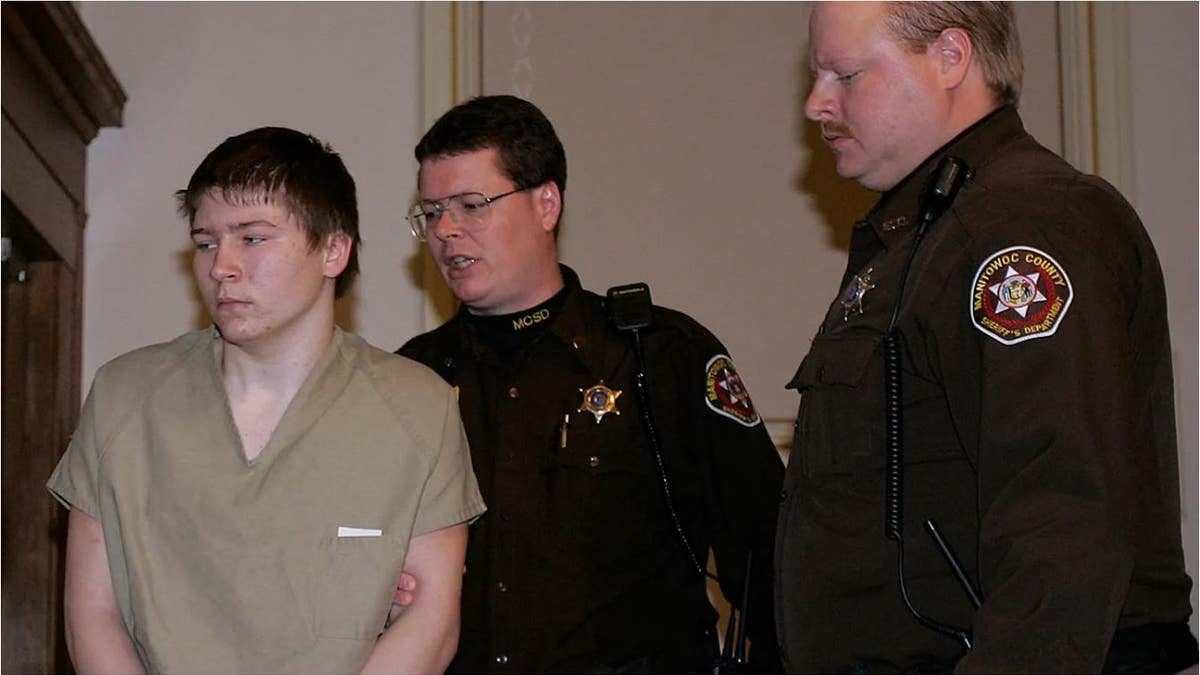
Steven Avery’s nephew, Brendan Dassey, left, was also convicted of murder in Teresa Halbach’s death. (AP Photo/Morry Gash, File)
In 2005, investigators found Halbach’s DNA in a burn pit, blood samples matching Halbach and Avery in a vehicle in his salvage yard and a bullet with Halbach’s DNA in Avery’s garage, Fox News Digital previously reported. Avery has said that his blood was planted at the scene, collected after a cut on his finger dripped into his bathroom sink.
Two weeks ago, a special prosecutor responded to Avery’s attorney’s latest request to conduct touch DNA testing on evidence in his case.
Special prosecutor Norman Gahn wrote in a letter to Judge Anthony Lambrecht that jurisdiction over the case lies with the Wisconsin Court of Appeals and argued that circuit court judges did not have jurisdiction to make a ruling, WBAY reported.



